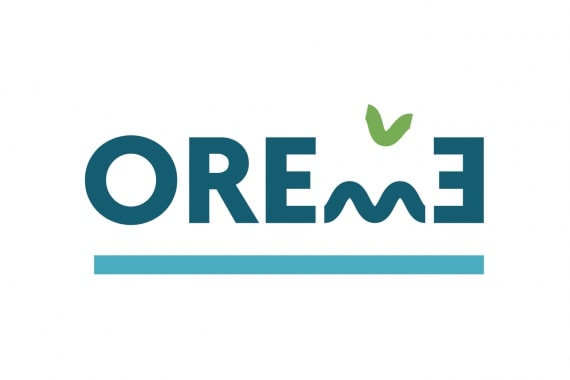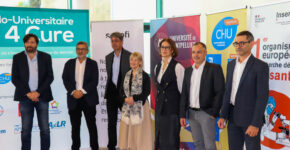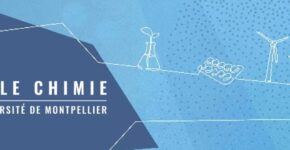Montpellier Research Observatory for the Environment (OREME)

OREME focuses its scientific activities on natural hazards and the impact of global and anthropogenic changes on the Mediterranean area, thanks to the scientific and technical skills of its partners in geosciences, hydrosciences, biodiversity sciences and ecology.
Its mission is to :
- support the activity or development of systematic observation in the sciences of the universe and the environment;
- support the construction of open, shared, internationally referenced environmental databases;
- encourage the pooling of analytical resources (observation, experimentation, modeling) and know-how;
- to act as a local relay for national observation networks, and position itself as a key player in environmental initiatives focusing on the Mediterranean.
OREME therefore focuses on 3 fundamental questions:
- the origin and assessment of natural and man-made hazards and disturbances ;
- recording of recent and current global changes, their links with anthropogenic factors and, in particular, changes in use of Mediterranean environments;
- the response of the systems and mechanisms involved.
Relying on the training components of the University of Montpellier for its teaching mission, OREME focuses on its ability to mobilize heavy, long-term observation resources and recognized scientific and technical skills on a wide range of aspects of the Mediterranean physical, chemical and biological environment:
- geodesy, gravimetry and deformation of the Earth and its surface ;
- hydrogeological, hydric and geophysical monitoring of aquifers, particularly karstic aquifers;
- monitoring the Languedoc coastline, interface between watershed and marine area, coastline ;
- pollution and biological adaptability downstream of former mining sites ;
- flow measurements (CO2, water, gas) and ecosystem functioning ;
- phenology of terrestrial flora and fauna ;
- animal and plant community dynamics ;
- population dynamics of model organisms.
It is also home to three major regional technical platforms: GLADYS for integrated coastal studies, AETE for water pollution analysis, and the Station Marine de Sète (SMEL).
OREME's permanent observation enables data on environmental change to be collected and disseminated nationally and internationally, and fundamental or applied research to be carried out.
Label: Unité d'Appui et de Research (UAR)
Main supervisory bodies: CNRS, UM, INRAE, IRD
Research cluster: Agriculture, Environment, Biodiversity - AEB
HAL portal: publications of the structure



